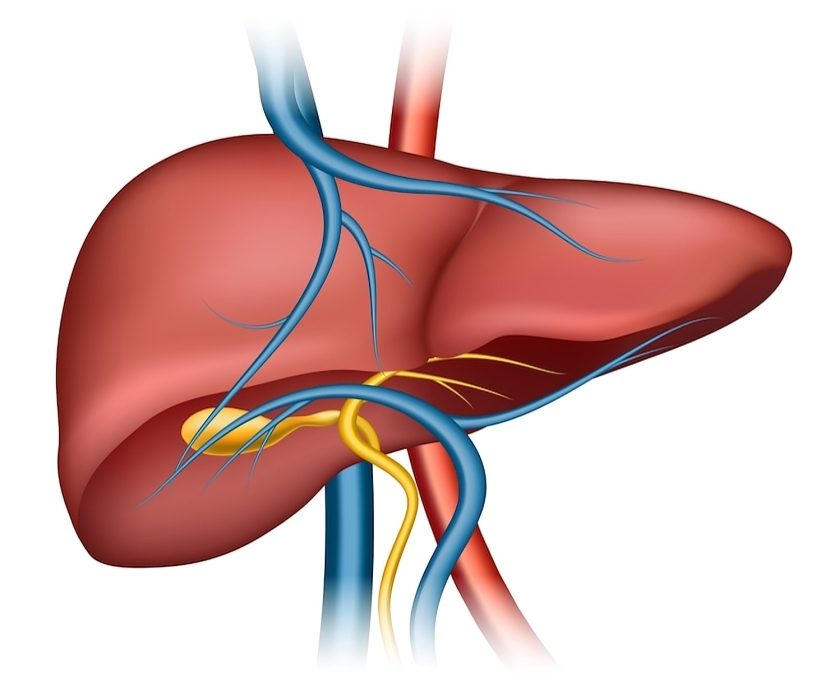The pancreas is a remarkable organ nestled deep within the abdomen, playing a crucial role in digestion and blood sugar regulation. Despite its relatively small size and inconspicuous location, the pancreas is indispensable for maintaining overall health and well-being. Let’s delve into the intricacies of this vital organ and explore its functions, structure, and the diseases that can affect it.
To Know More About It Please Click Here
Anatomy and Location
The pancreas is an elongated glandular organ situated behind the stomach, spanning horizontally across the upper abdomen. It is approximately six inches long and is shaped like a leaf with a head, body, and tail. The head of the pancreas connects to the duodenum (the first part of the small intestine) while the tail extends towards the spleen.
This organ consists of two main functional components: exocrine and endocrine. The exocrine portion, comprising the majority of the pancreas, secretes digestive enzymes into the duodenum via ducts. Meanwhile, the endocrine portion consists of small clusters of cells known as islets of Langerhans, which release hormones directly into the bloodstream.
Functions
- Exocrine Function: The exocrine cells of the pancreas produce and secrete digestive enzymes, including amylase, lipase, and proteases. These enzymes play a critical role in breaking down carbohydrates, fats, and proteins from food, facilitating their absorption in the intestines.
- Endocrine Function: The islets of Langerhans within the pancreas are responsible for producing essential hormones such as insulin and glucagon. Insulin helps regulate blood sugar levels by facilitating glucose uptake into cells, while glucagon raises blood sugar levels by triggering the release of stored glucose from the liver.
Common Pancreatic Disorders
Despite its importance, the pancreas is susceptible to various disorders that can significantly impact health. Some of the most common conditions include:
- Pancreatitis: This inflammatory condition occurs when the digestive enzymes become activated within the pancreas, leading to tissue damage. Acute pancreatitis is often caused by gallstones or excessive alcohol consumption, while chronic pancreatitis can result from long-term alcohol abuse or other factors.
- Pancreatic Cancer: One of the most lethal forms of cancer, pancreatic cancer typically manifests with nonspecific symptoms and is often diagnosed at an advanced stage. Risk factors include smoking, obesity, and a family history of the disease.
- Diabetes Mellitus: Type 1 diabetes results from the destruction of insulin-producing cells in the pancreas, leading to insulin deficiency. Type 2 diabetes involves insulin resistance, where cells fail to respond adequately to insulin. Both types of diabetes can have profound effects on blood sugar regulation and overall health.
Importance of Pancreatic Health
Maintaining a healthy pancreas is essential for overall well-being. Adopting a balanced diet rich in fruits, vegetables, and whole grains can help prevent pancreatic disorders. Additionally, avoiding excessive alcohol consumption and refraining from smoking are crucial steps in safeguarding pancreatic health.
Regular medical check-ups and screenings can aid in the early detection of pancreatic diseases, potentially improving treatment outcomes. If symptoms such as abdominal pain, changes in bowel habits, or unexplained weight loss arise, prompt medical evaluation is essential.
To Know More About It Please Click Here
for the conclusion
the pancreas is a multifaceted organ with critical roles in digestion and metabolic regulation. Understanding its structure, functions, and associated disorders underscores the significance of maintaining pancreatic health. By adopting a healthy lifestyle and seeking timely medical attention, individuals can support the optimal functioning of this vital organ and promote overall wellness.


